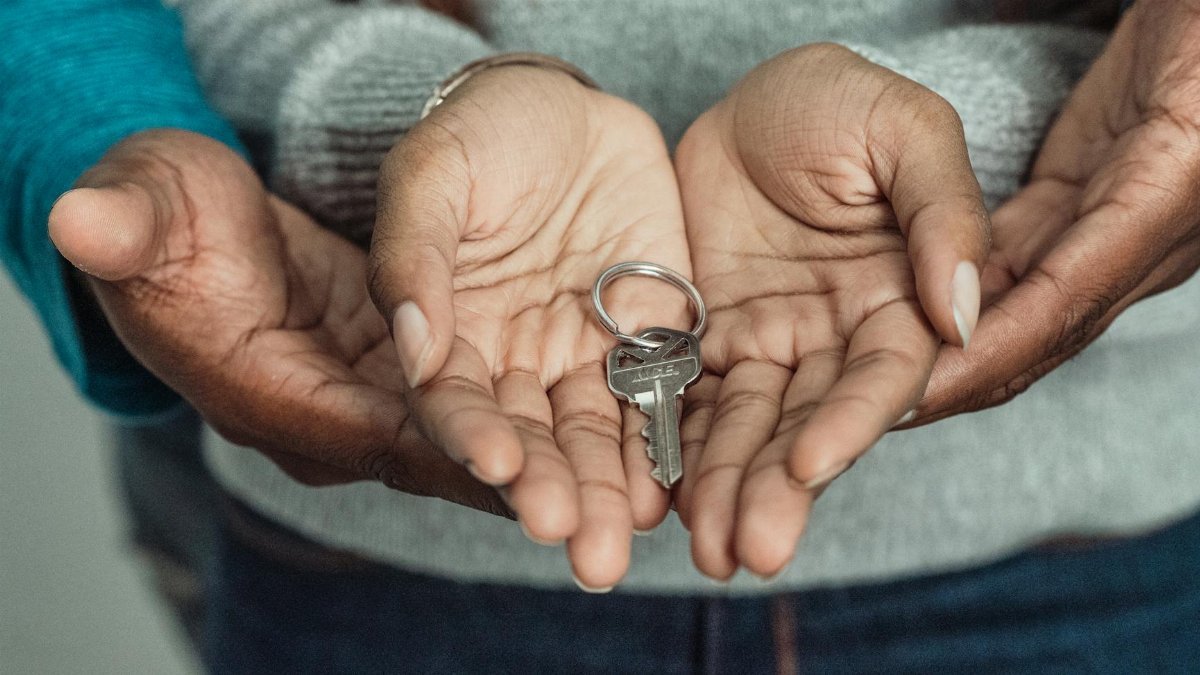Could the secret to a lasting relationship lie in a candid conversation about money? For many Americans navigating new romances, the idea of financial transparency as a couple feels daunting, even taboo. Yet, as dating evolves in 2025, more people are finding that laying their financial cards on the table early can build trust and prevent future conflict. It’s not just about sharing bank balances; it’s about aligning values, goals, and expectations. This isn’t a niche trend—it’s a practical shift. A recent survey by the Pew Research Center found that financial disagreements remain a top reason for relationship strain. So, how can new couples approach this delicate topic without derailing the honeymoon phase? A structured framework for financial transparency offers a path forward, turning awkward money talks into a foundation for connection.
Why Money Matters from Day One

In the early glow of a relationship, few want to discuss credit scores over candlelit dinners. But money shapes decisions—where to live, how to vacation, even daily habits like splitting the check. Ignoring it doesn’t make the issue disappear; it often festers. Research from the American Psychological Association shows that financial stress is a leading cause of tension in partnerships. For a financial transparency couple, starting the conversation early isn’t about judgment. It’s about clarity. Picture a young pair in Seattle, nervously laughing as they admit their student loan burdens on a third date. That honesty, while uncomfortable, sets a tone of openness. Couples who tackle this head-on often report feeling more secure, knowing there are no hidden dealbreakers lurking.
The stakes are higher in 2025, with economic uncertainty lingering. Inflation, housing costs, and job instability mean financial misalignment can unravel even strong emotional bonds. Starting with transparency isn’t just practical—it’s protective.
Breaking the Ice Without Breaking Trust

So, how do you bring up money without sounding like you’re conducting a job interview? Timing matters. Experts suggest waiting until a relationship shows signs of commitment—perhaps a few months in—but not so late that assumptions solidify. One approach is framing it as a shared goal. “I’d love to know how we both think about saving for the future,” can open the door without accusation. A study by the NerdWallet Financial Survey found that 77% of couples who discuss finances regularly feel more confident in their partnership.
Small steps help. Start with lighter topics, like attitudes toward spending or childhood money lessons, before diving into specifics like debt or income. The goal isn’t a full audit—it’s understanding each other’s mindset. One woman shared in an online discussion how she casually asked her partner about his dream vacation budget. That simple question sparked a deeper talk about their financial priorities, easing them into heavier territory.
Defining Shared Values Over Shared Accounts

Financial transparency for a couple doesn’t mean merging bank accounts on the first anniversary. It’s less about numbers and more about values. Does one partner prioritize saving for a house while the other craves frequent travel? Misaligned priorities can clash even if incomes match. A framework starts with identifying these core beliefs. Sit down and list what money means to each of you—security, freedom, status—and where you want it to take you. This isn’t a one-time chat. It’s an evolving dialogue as life changes.
Consider a hypothetical duo in Chicago: he’s a frugal planner, she’s a spontaneous spender. Without transparency, resentment brews. But by discussing their “why” behind money habits, they find compromise—budgeting for small adventures while building a nest egg. Alignment on values, not dollars, anchors their bond.
Navigating the Debt Conversation

Debt is the elephant in the room for many new couples. Student loans, credit card balances, or past financial missteps carry stigma. Yet, hiding debt often backfires. A report from the CreditCards.com Survey revealed that 1 in 5 Americans have hidden significant debt from a partner, often leading to trust issues when uncovered. Transparency means disclosing the basics—how much, to whom, and the repayment plan—without shame.
This isn’t easy. Imagine a couple in Austin, one partner hesitating to admit a $30,000 loan from a failed business venture. The fear of judgment looms. But sharing the burden, even just emotionally, can lighten it. A framework for a financial transparency couple includes creating a safe space for these confessions. Agree upfront that honesty won’t be weaponized. Focus on solutions, not blame.
Setting Boundaries and Expectations

Not every penny needs to be an open book, especially early on. Transparency doesn’t equal total access. Couples should decide what’s shared and what remains private. Maybe it’s splitting bills 50/50 for now, or agreeing not to question discretionary spending under a certain amount. These boundaries prevent overreach while fostering trust. A clear framework helps—one where both partners know what’s on the table and what’s off-limits.
Think of a couple in Miami, just moving in together. They agree to split rent and utilities but keep personal savings private for now. That balance respects individuality while building a joint financial language. Over time, as trust grows, those lines can shift. The key is mutual agreement, revisited regularly as the relationship deepens.
Tools and Tactics for Ongoing Dialogue

Financial transparency isn’t a one-and-done deal. It’s a habit. Tools like shared budgeting apps or monthly money check-ins can keep the conversation alive without feeling forced. Some couples set a “money date” every few weeks—grabbing coffee to review goals or unexpected expenses. It’s less clinical than it sounds. The ritual normalizes the topic, stripping away awkwardness.
Beyond apps, simple tactics work. Keep a shared notebook for big financial dreams—homeownership, a dream trip—and jot down progress. Or, designate a neutral third party, like a financial advisor, for tougher discussions if emotions run high. The point is consistency. For a financial transparency couple, these small efforts compound, turning money from a stressor into a shared project.
The Emotional Payoff of Financial Honesty

Money talks aren’t just practical—they’re intimate. Revealing financial truths exposes vulnerabilities, which can deepen connection when handled with care. Couples often describe a sense of relief after these discussions, as if a weight lifts. It’s not uncommon to hear partners say they feel “seen” in a new way, beyond romantic gestures or shared hobbies.
Picture two people in a quiet Brooklyn diner, spreadsheets open on a laptop, laughing over past money mistakes. That shared humanity—the messiness of budgets and dreams—binds them. Transparency fosters not just trust, but partnership. In a world where relationships face endless pressures, from social media to economic strain, this honesty becomes a quiet strength. It’s less about avoiding conflict and more about facing it together.
When Transparency Reveals Red Flags

Not every money conversation ends in harmony. Sometimes, transparency uncovers irreconcilable differences—one partner’s gambling habit, another’s reckless spending. It’s painful, but better to know early. A framework for financial transparency as a couple includes recognizing when to seek help, whether through counseling or financial planning. It also means knowing when to walk away if values clash too sharply.
These moments test resilience. But they also clarify. Honesty, even when it stings, equips couples to make informed choices about their future. In 2025, with financial pressures mounting, dodging these truths isn’t an option. Transparency isn’t a guarantee of forever—it’s a tool to build something real, flaws and all.
Natasha is the heart of our exploration into conscious connection. Applying principles from multiple counseling courses in her own life, she guides you to cultivate stronger, more joyful bonds.
Disclaimer
The content on this post is for informational purposes only. It is not intended as a substitute for professional health or financial advice. Always seek the guidance of a qualified professional with any questions you may have regarding your health or finances. All information is provided by FulfilledHumans.com (a brand of EgoEase LLC) and is not guaranteed to be complete, accurate, or reliable.
